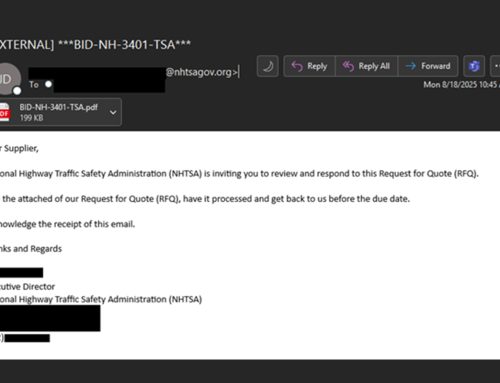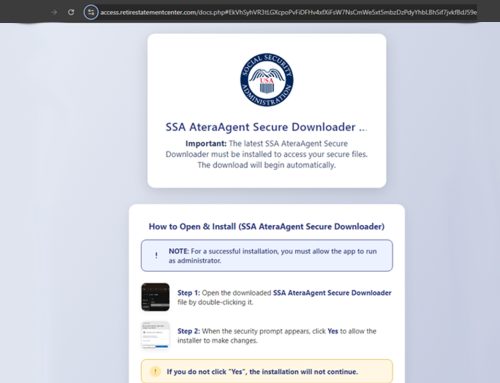Vulnerabilities in Fortinet FortiSIEM
Scams
May 30, 2024
This Multi-State Information Sharing and Analysis Center (MS-ISAC) Advisory is being provided to assist agencies and organizations in guarding against the persistent malicious actions of cybercriminals. Multiple vulnerabilities have been discovered in Fortinet FortiSIEM which could allow for remote code execution. FortiSIEM is a multi-tenant SIEM that offers real-time
infrastructure and user awareness for precise threat detection, analysis, and reporting. Successful exploitation could allow for remote code execution in the context of the affected service account. Depending on the privileges associated with the service account an attacker could then install programs; view, change, or delete data; or create new accounts with full user rights. Service accounts that are configured to have fewer user rights on the system could be less impacted than those who operate with administrative user rights.
Systems Affected
Fortinet FortiSIEM versions 7.1.0 – 7.1.1, 7.0.0 – 7.0.2 , 6.7.0 – 6.7.8 , 6.6.0 – 6.6.3 , 6.5.0 – 6.5.2 , 6.4.0 – 6.4.2
Risk
1. Government:
– Large and medium government entities: High
– Small government entities: Medium
2. Businesses:
– Large and medium business entities: High
– Small business entities: Medium
3. Home Users – Low
Recommendations
- Apply appropriate patches provided by FortiNet to vulnerable systems immediately after appropriate testing.
- Restrict use of certain websites, block downloads/attachments, block JavaScript, restrict browser extensions, etc.
- Apply the Principle of Least Privilege to all systems and services. Run all software as a non-privileged user (one without administrative privileges) to diminish the effects of a successful attack.
- Block execution of code on a system through application control, and/or script blocking.
- Remove or deny access to unnecessary and potentially vulnerable software to prevent abuse by adversaries.
Reporting
The NJCCIC encourages recipients who discover signs of malicious cyber activity to contact the NJCCIC via the cyber incident report form at www.cyber.nj.gov/report.
For any further questions, contact us here at Cyber Command.





